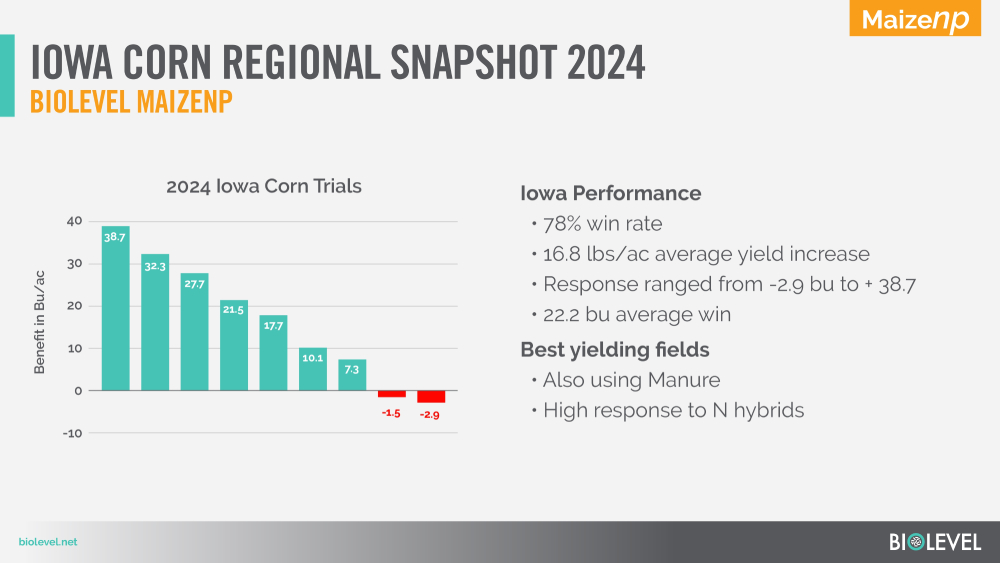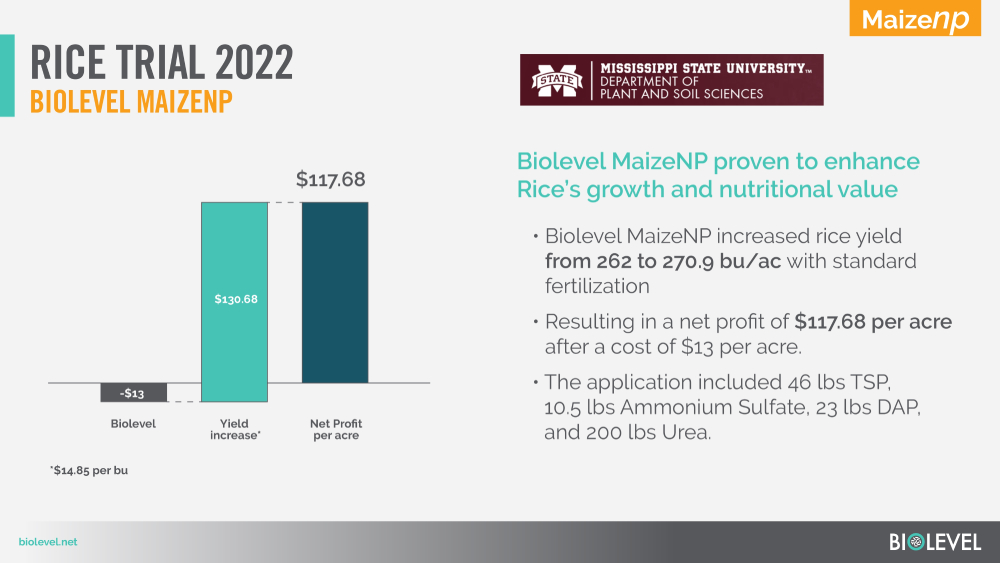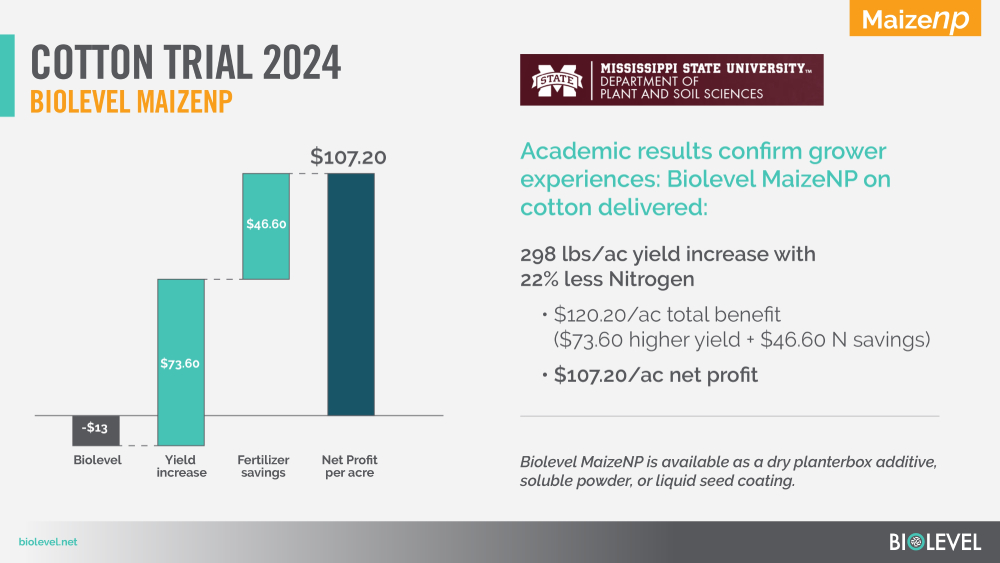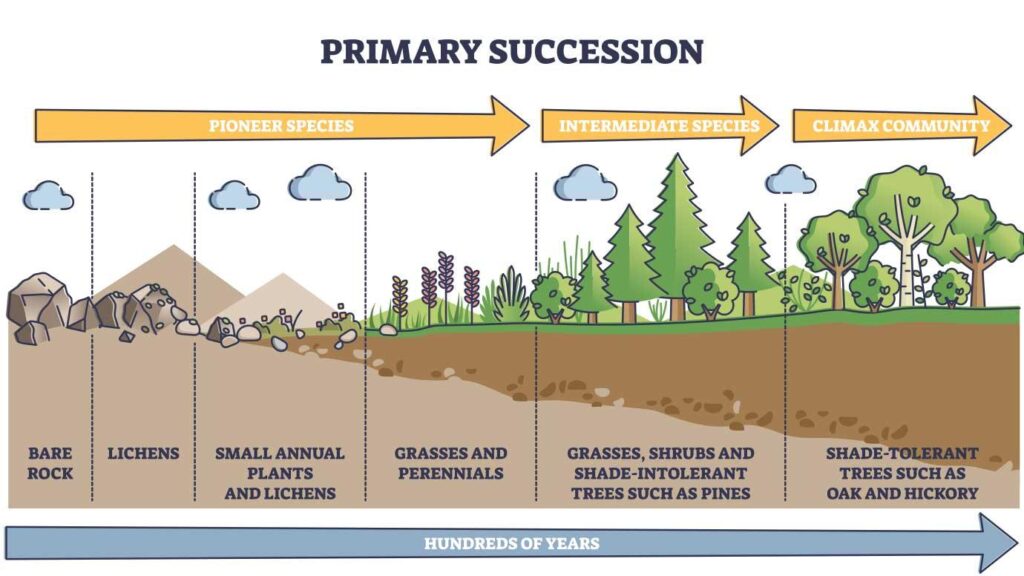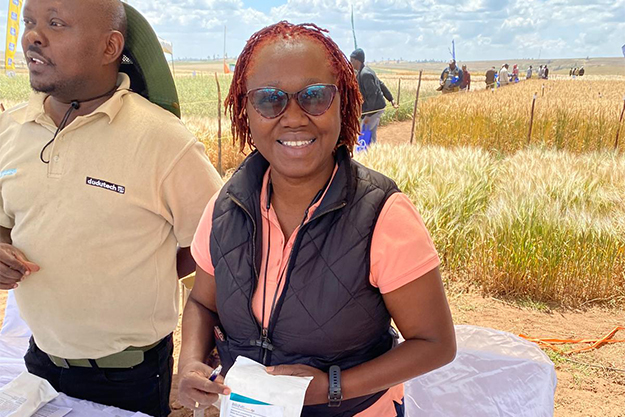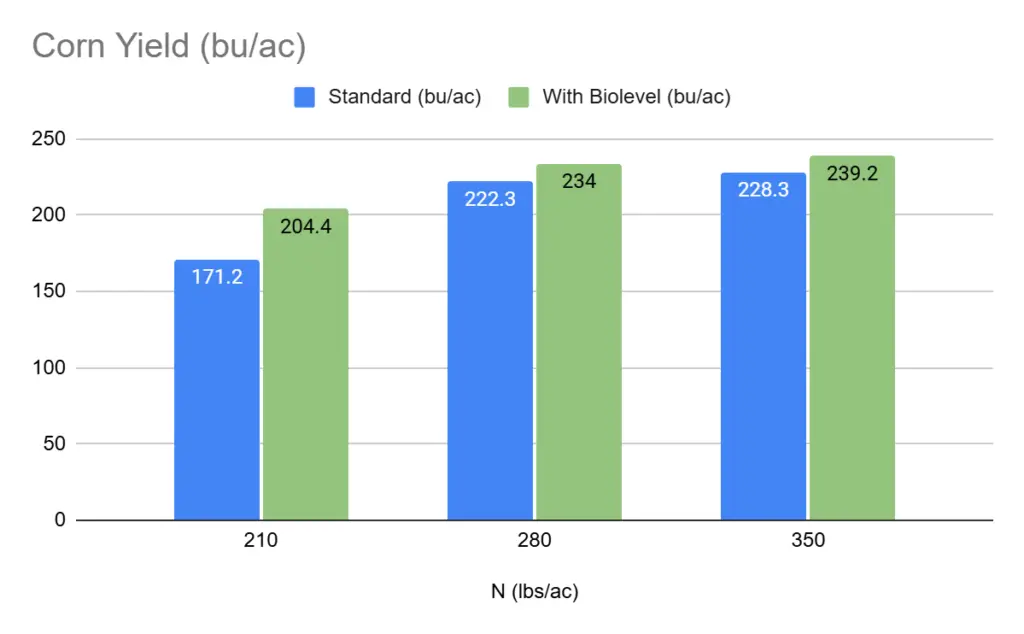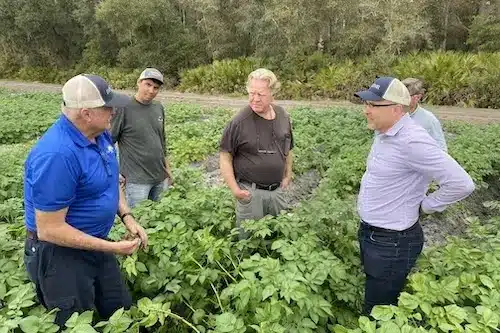
“This is the story of a simple solution, a way to heal our planet. The solution is right under our feet — and it’s as old as dirt.” – Woody Harrelson in “Kiss The Ground”.
When the Netflix documentary “Kiss The Ground” aired in 2020, soil advocates and regenerative farmers and ranchers received important recognition of their work by Hollywood: Powerful voices telling a global audience the story of our soils, their importance for food production and our climate and the intricate and fascinating story of soil health.
Soils are not an inert medium serving only to grow crops and hold nutrients applied by farmers. Soils are living ecosystems that have a significant impact on climate and our planet’s ability to produce food for a growing population. Soil health is the delicate balance of soil biology, chemistry, and structure, with these elements being closely interconnected.
The state of our soil
Decades of high intensity crop production have taken a toll on our soils. Today, agricultural soils typically lack organic matter, and our soil’s ability to support a diverse microbiology is diminished. The use of inorganic sources of nutrition and the application of pesticides creates a hostile environment for ‘useful’ soil microbes and further degrades soil organic matter.
Tilling and ridging creates an ecologically young soil with a microflora dominated by a low diversity of hardy bacteria, and few fungi. Such soil is more suitable for growing primary colonising plant species (weeds),not plants we want to grow; secondary colonisers or natural perennials.
Most managed agricultural soils do not support the complex secondary successional biology we need, so they cannot simply be improved with biostimulants alone,and the short life of the crop cycle, and regular soil disturbance, does not allow time for a suitably diverse biology to develop naturally.
Improving soil quality
The addition of specific types of biology to soils can bring significant improvements to soil performance, and crop size and quality.
There is no simple universal solution for adding biology. Effective biological soil management requires the strategic use of well-researched, high-quality, stable biological products, preferably in the form of consortia.
What is a biological consortia?
A microbial consortium or microbial community, is two or more bacterial or microbial groups living symbiotically. In the context of soil biological products, these microbial communities play important roles in ecological systems, including the organic carbon and nitrogen cycles within our soils. Including multiple microbial species in bionutrition products ensures adaptability to diverse conditions and addresses plant nutritional needs holistically.
How many microbes is too many microbes?
When properly researched and field-tested, biological soil consortia work synergistically to amplify the beneficial effects of soil biology, however large numbers of species in untested combinations can have antagonistic effects with no measurable benefits.
Historically, many manufacturers have taken a ‘throw as many species into a consortia mix and hope for the best’ approach. Iflucky, this approach can be beneficial, but often species in the mix can act against each other resulting in a net negative result.
Why choose biolevel biologicals
Biolevel has a comprehensive understanding of how specific soil microbes work in combination to yield results that are greater than the sum of the individual parts.
Through years of research, passion and persistence, we have developed a range of convenient, consistent and robust bionutrition solutions designed to reintroduce highly evolved, robust soil biology to agricultural soil, immediately improving nutrient uptake.
The power of our well-rounded microbial consortia enhances the efficacy of Biolevel products, providing comprehensive plant nutrition.
Our Biolevel products go beyond Nitrogen fixers, incorporating P and K solubilizing microbes, utilizing eight microbial species to drive in-field success.
Advantages of Biolevel biologicals
Bioleve’sl biological soil solutions offer several key advantages over competitor products:
- Improved ROI opportunities for farmers
- Biodiverse, multi-stain consortia of beneficial bacteria rather than single or dual-strain.
- Multiple modes of action to generate Nitrogen (N), Phosphorus (P) and Potassium (K), rather than simply N.
- Market-leading convenience, with no refrigeration required, an extended 24-month shelf life and no on-farm mixing or fermenting required.
- Compatibility with existing farm input regimes including crop protection, fertilizer, biostimulant and seed coating inputs.
- Efficacy across all crop types, soil types and environmental conditions
- High volumes of colony-forming units (CFUs) without limiting other inputs
- Large-scale production capacity suitable for broad distribution
Talk to us about how Biolevel’s biological products can help you improve the condition of your soil and increase crop yields with ease and convenience. Call Josh Seeman +1 904 657 0316 or email. Interested in becoming a Biolevel distributor? We’d love to talk to you too!

